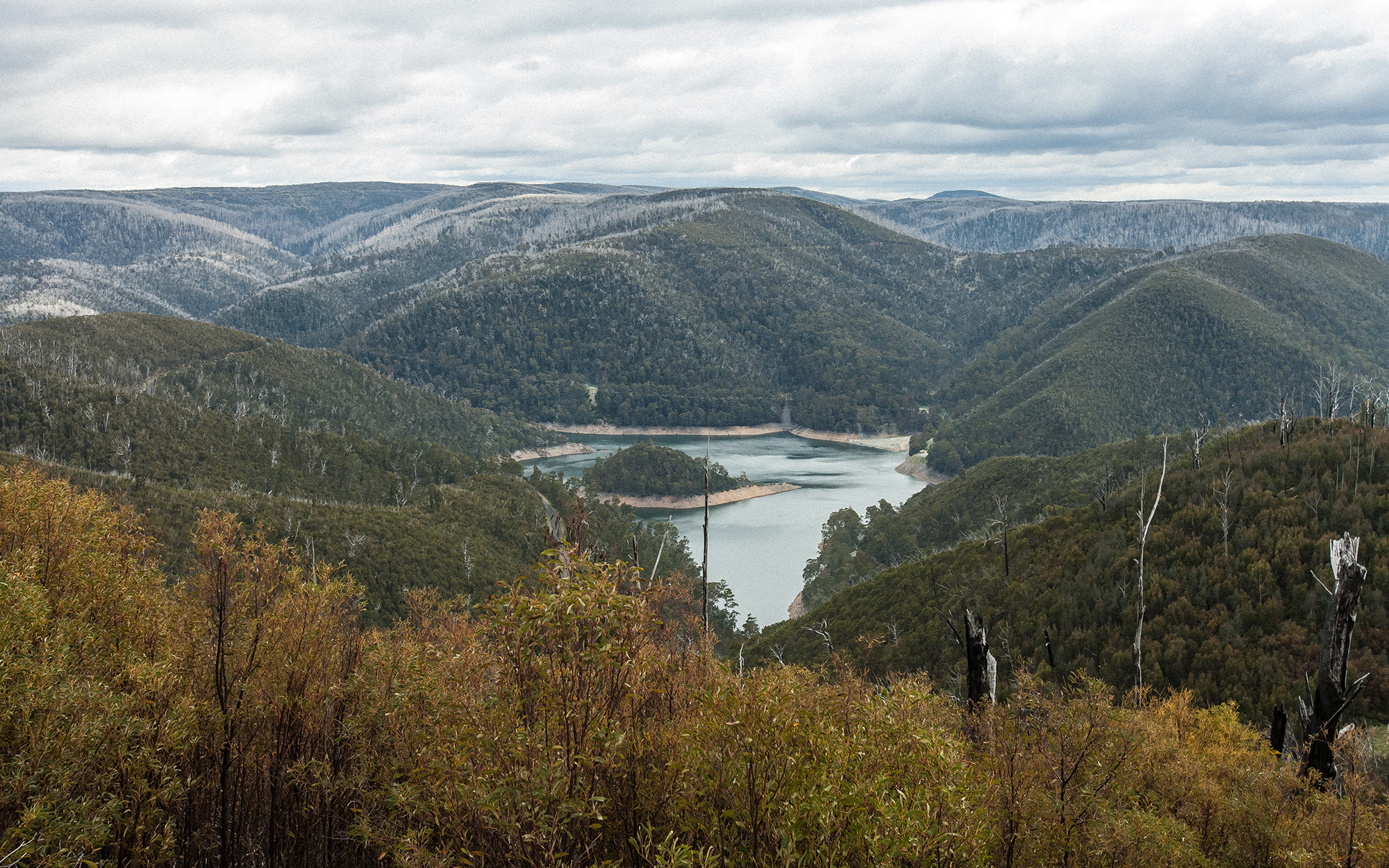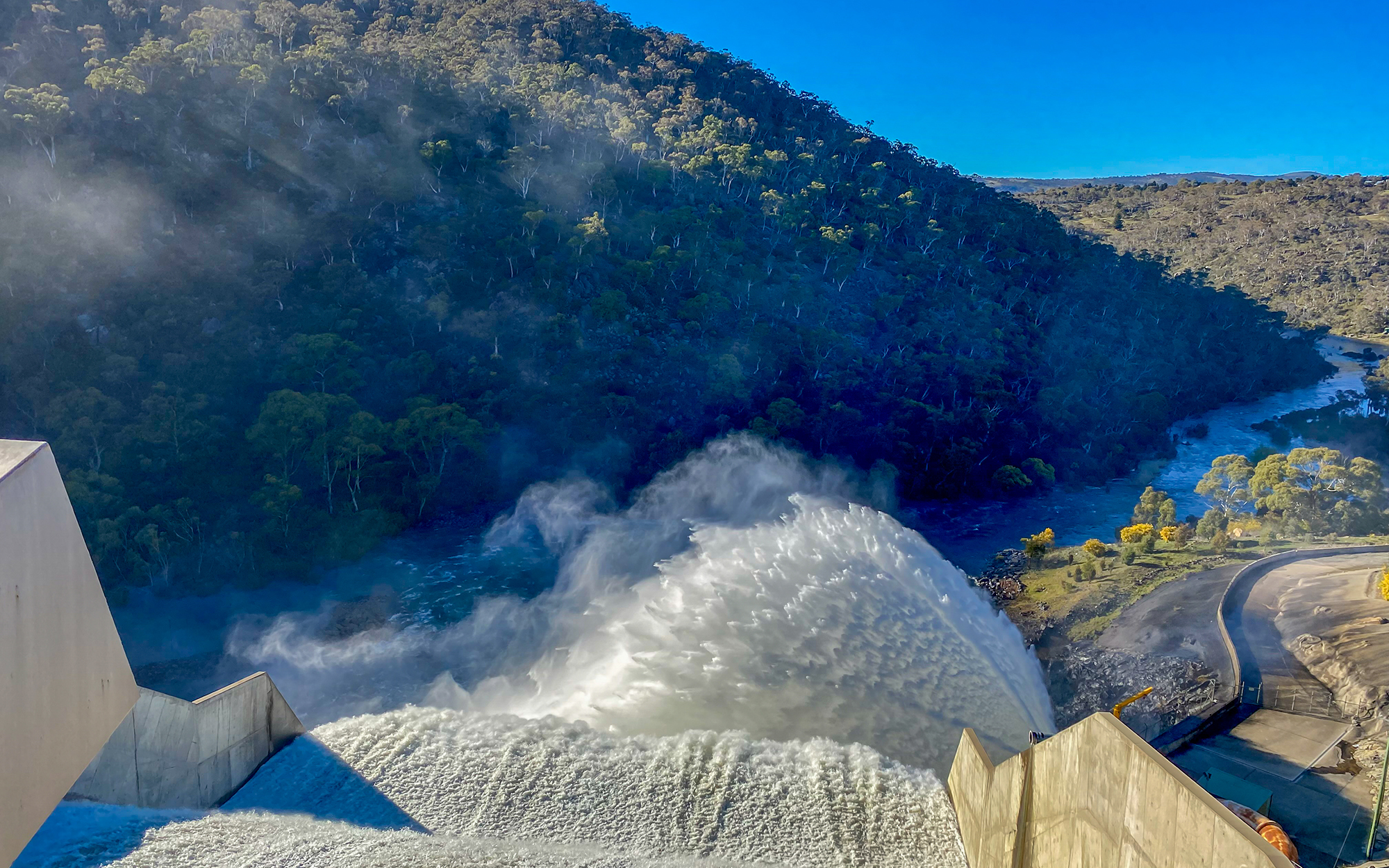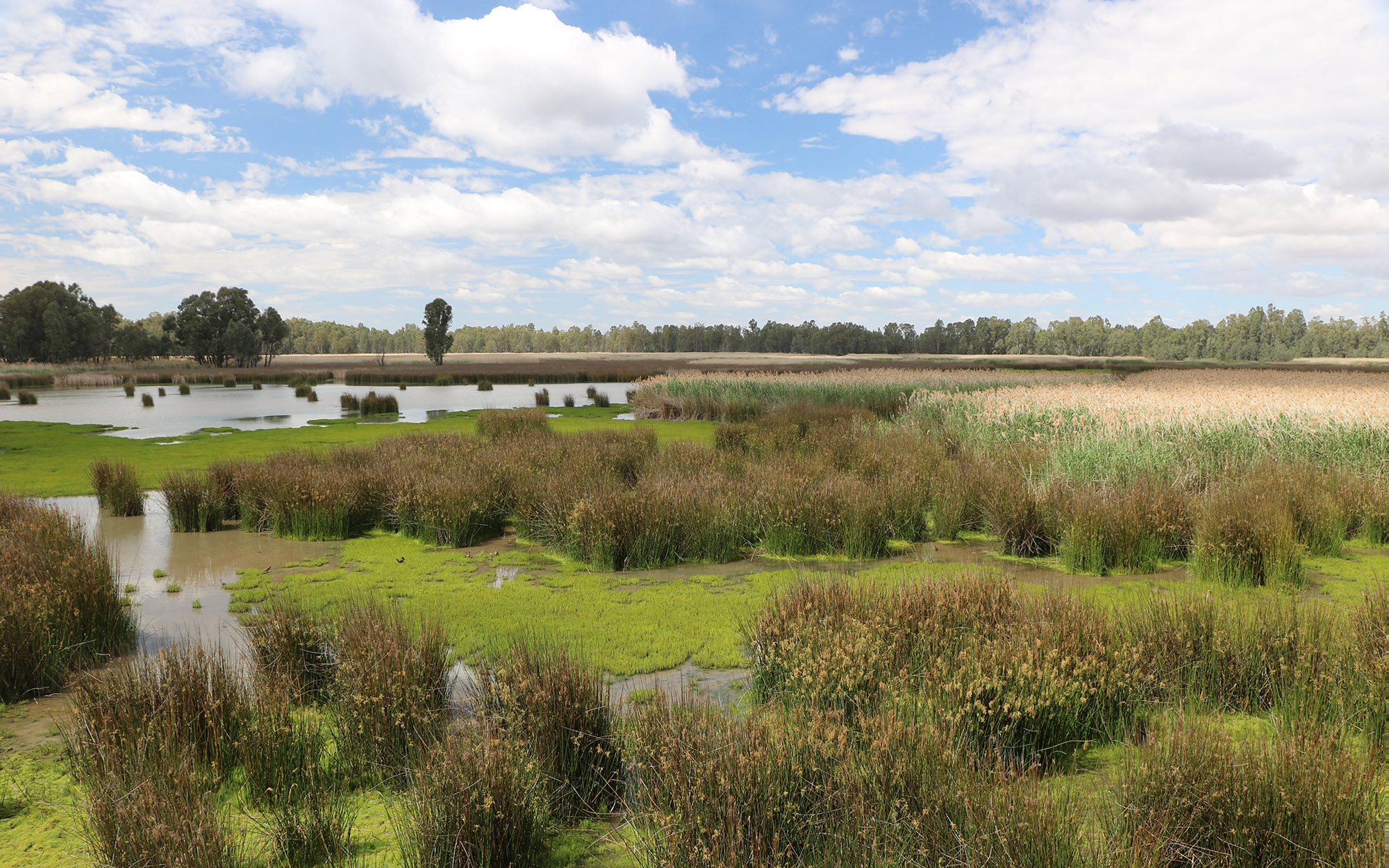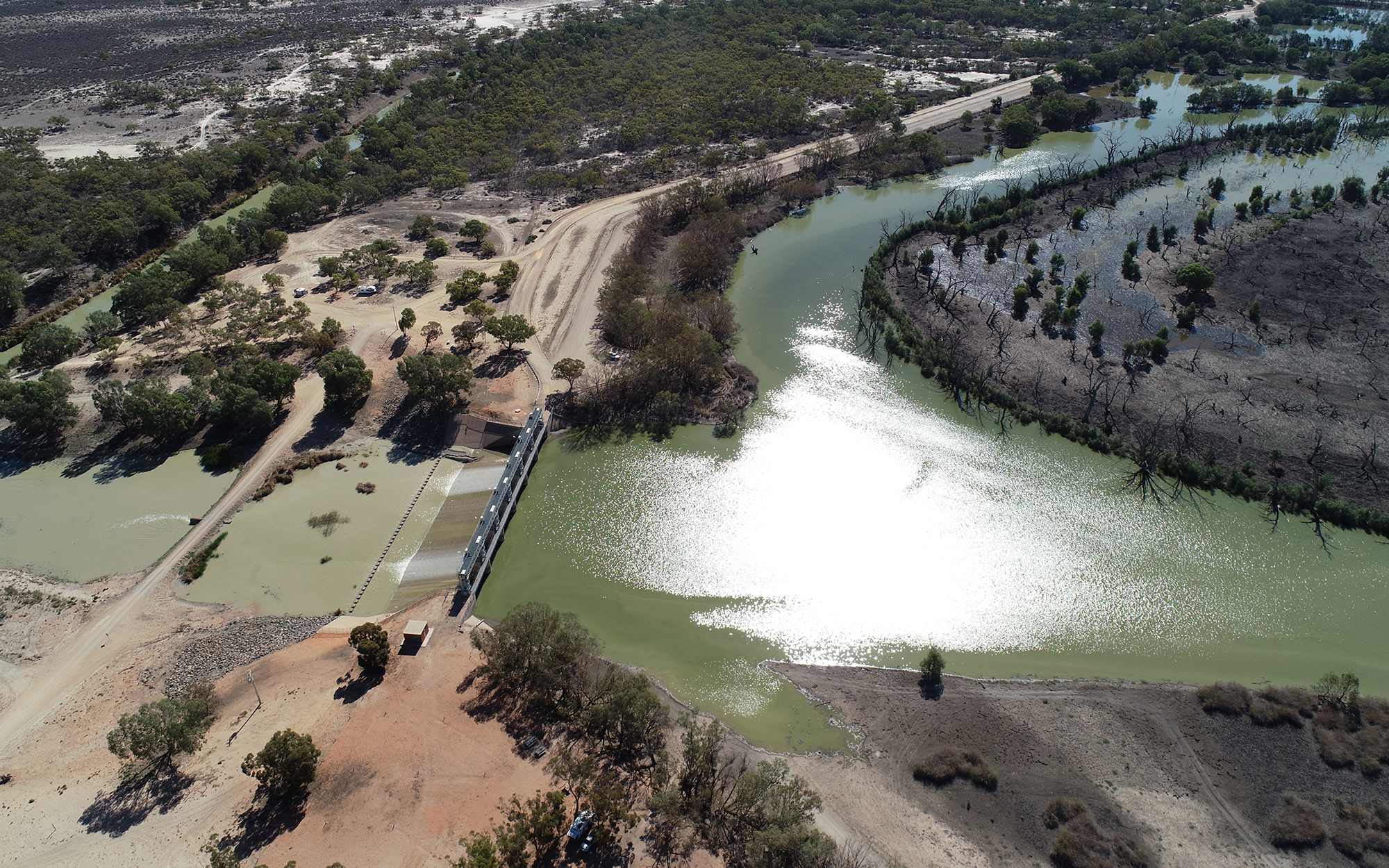Water is one of our most valuable natural assets. We have a responsibility to the people of NSW to ensure we have an equitable and transparent approach to the management of our water now and for future generations.
We manage water to:
- support jobs, economic growth, the environment, and our health and wellbeing
- deliver efficient services with a focus on innovation, performance and affordability
- improve the health of waterways and their catchments to support our environmental, social, cultural and economic needs and values
- support the sustainable use of and access to water
- enable farmers and all water users to achieve and improve water efficiency with the available water, while supporting regional communities to adjust to a changing climate
- plan infrastructure that secures water supply and increases drought resilience across our communities
- support the wellbeing of rural and regional communities who enjoy the recreational benefits our regional waterways provide.

Local, state and federal agencies all play a part in managing water in NSW.

Learn how the NSW Department of Climate Change, Energy, the Environment and Water (DCCEEW), WaterNSW and the Natural Resources Access Regulator work together.

Everything you need to know about water for the environment in NSW – what it is, how it is managed, current projects and data.
Archived reviews
Independent review of water management and compliance
Final Matthews report released
The department (then Department of Industry) has received Ken Matthews’ final report (PDF, 536.24 KB) and thanks him for his open and candid report into water management and compliance in NSW.
Mr Matthews has focused his final report on:
- assessing progress and providing advice on implementation of the Government’s decisions following his interim report
- advising on policies, strategies and options to give practical effect to improved water metering and usage monitoring, especially in northern NSW
- advice on environmental water issues and on the department’s dealings with the MDBA and other jurisdictions to achieve whole of Basin improvements to compliance and enforcement arrangements
- further advice on opportunities to improve the department’s water policy advice and water management, including any matters from the original July terms of reference that emerged in the course of his further work.
The report acknowledges the swift action taken by the government and the department to start implementing his recommendations but there are challenges, and unless commitment and focus stay on the total reform package there are significant risks to implementation.
The NSW Government is committed to implementing the Water Management Compliance Improvement Package outlined by Mr Matthews so will be providing a comprehensive response to this report and other recent reports on NSW water administration in the coming weeks.
Download the Final report: Independent investigation into NSW water management and compliance (PDF, 536.24 KB)
Background
On 26 July 2017, Minister for Regional Water, Niall Blair announced (PDF, 115.77 KB) the appointment of Ken Matthews AO to conduct an independent investigation into the issues raised by the ABC’s 4 Corners program on 24 July 2017.
Mr Matthews is a former Commonwealth Department Head with a long and accomplished career in the Australian Public Service and has significant experience in water management issues. He served as the foundation Chair and Chief Executive Officer of the National Water Commission (NWC) and was responsible for working with the state and territory governments to implement the National Water Initiative, an inter-governmental agreement to improve national water management.
The terms of reference (PDF, 82.44 KB) for the review will cover all allegations raised in the broadcast that involve the responsibilities of the then DPI-Water and any of its employees.
If the review identifies staff whose conduct has not been in keeping with department policies or processes, this information will be provided for decision-making in any subsequent disciplinary processes. Referral of any potentially illegal or corrupt activities identified will be made to relevant authorities.
Media releases and statements
- Media release: Statement - Resignation of Gavin Hanlon - 15 September 2017
- Media release: Minister Blair's response to the interim report - 11 September 2017
- Ken Matthews' statement on interim report - 11 September 2017
- Media release: Update on Ken Matthews' review - 30 August 2017
- Statement from Ken Matthews - 2 August 2017
- Media release: Appointment of independent review - 26 July 2017 (PDF, 115.77 KB)
Ensuring water is equitable and fair for everyone
The NSW Government has built a compliance and enforcement regime that ensures strong and certain regulations for water in the state.
The Natural Resources Access Regulator (NRAR) is an independent regulator established under the NSW Natural Resources Access Regulator Act 2017.
NRAR is responsible for enforcing natural resources management legislation. NRAR is responsible for detecting, preventing and stopping illegal water activities relating to areas such as water acquisition and use, environmental concerns such as water runoff, and the safety of infrastructure.
Find more information on the licensing, management and regulation of water and the water industry by the Department of Planning and Environment - Water, WaterNSW and the NRAR on the NRAR website
Four key agencies are involved in the licensing and compliance of water use in NSW: Department of Climate Change, Energy, the Environment and Water, WaterNSW, NRAR and NSW Environment, Energy and Science Group.
Local water utilities and the state-owned corporations Hunter Water and Sydney Water also undertake roles in water management. For more information on what each agency does see Who’s who in water management
The objectives of the NSW Government in relation to the end-to-end licensing and compliance process are:
- clarity of organisational purpose and focus for each agency through clearly defined functions
- efficiency of delivery so there is no overlap or duplication of functions and activities or cost to the taxpayer and./or end use customer.
- seamlessness of operation so there are no ‘gaps’ in the delivery chain between agencies and their respective roles
- transparency and simplicity so rules are clear, understood and enforceable
- cost-effective services that are delivered by the most appropriate government entity.
